- Master of Publishing
- Admissions to the MPub Program
- Master of Publishing Streams
- Masters Courses
- PUB 877: Special Topics in Publishing
- PUB 890: Professional Practices Seminar I
- PUB 891: Professional Practices Seminar II
- PUB 600: Topics in Publishing Management
- PUB 601: Editorial Theory and Practice
- PUB 602: Design & Production Control in Publishing
- PUB 603: Journal Management and Editing
- PUB 604: Technologies and Infrastructure for Academic Publishing
- PUB 605: Book Publishing Simulation
- PUB 606: Media Startup Simulation
- PUB 607: Publishing Technology Project
- PUB 611: Making Knowledge Public: How Research Makes Its Way Into Society
- PUB 631: Graphic Design: The Page and the Screen
- PUB 638: Design Awareness in Publishing Processes and Products
- PUB 648: Publishing and Social Change: Tech, Texts, and Revolution
- PUB 656: Institutional and International Event Planning and Management
- PUB 655: Online Marketing for Publishers
- PUB 800: Publishing and the Problem of Capitalism
- PUB 801: Theories of Publishing
- PUB 802: Technology & Evolving Forms of Publishing
- PUB 899: Publishing Internship
- PUB 900: Self-Directed Publishing Report
- PUB 901: Publishing Research Project
- Capstone Project Guidelines
- Faculty and Staff
- Awards and Financial Support
- Frequently Asked Questions
- Undergraduate Minor
- Undergraduate Courses
- PUB 101: The Publication of Self in Everyday Life
- PUB 131: Publication Design Technologies
- PUB 201: The Publication of the Professional Self
- PUB 210W: Professional Writing Workshop
- PUB 212: Public Relations and Public Engagement
- PUB 231: Graphic Design Fundamentals
- PUB 331: Graphic Design in Transition: Print and Digital Books
- PUB 332: Graphic Design in Transition: Print and Digital Periodicals
- PUB 350: Marketing for Book Publishers
- PUB 355W: Online Marketing for Publishers
- PUB 371: Structure of the Book Publishing Industry in Canada
- PUB 372: The Book Publishing Process
- PUB 375: Magazine Publishing
- PUB 401: Technology and the Evolving Book
- PUB 410: Indigenous Editing Practices
- PUB 411: Making Knowledge Public: How Research Makes Its Way Into Society
- PUB 431: Publication Design Project
- PUB 438: Design Awareness in Publishing Process and Products
- PUB 448: Publishing and Social Change: Tech, Texts, and Revolution
- PUB 450: The Business of Book Publishing
- PUB 456: Institutional and International Event Planning
- PUB 458: Journalism as a Publishing Problem
- PUB 477: Publishing Practicum
- PUB 478: Publishing Workshop
- PUB 480 D100: Buy the Book: A History of Publication Design (STC)
- PUB 480 OL01: Accessible Publishing (OLC)
- Undergraduate Courses
- Workshops
- General Information and Cancellation Policy
- Travel and Accommodation
- Financial Assistance
- Publishing Workshops
- Contact SFU Publishing Workshops
- Research
- News & Events
- About
Editorials & Commentary
-
October 25, 2023
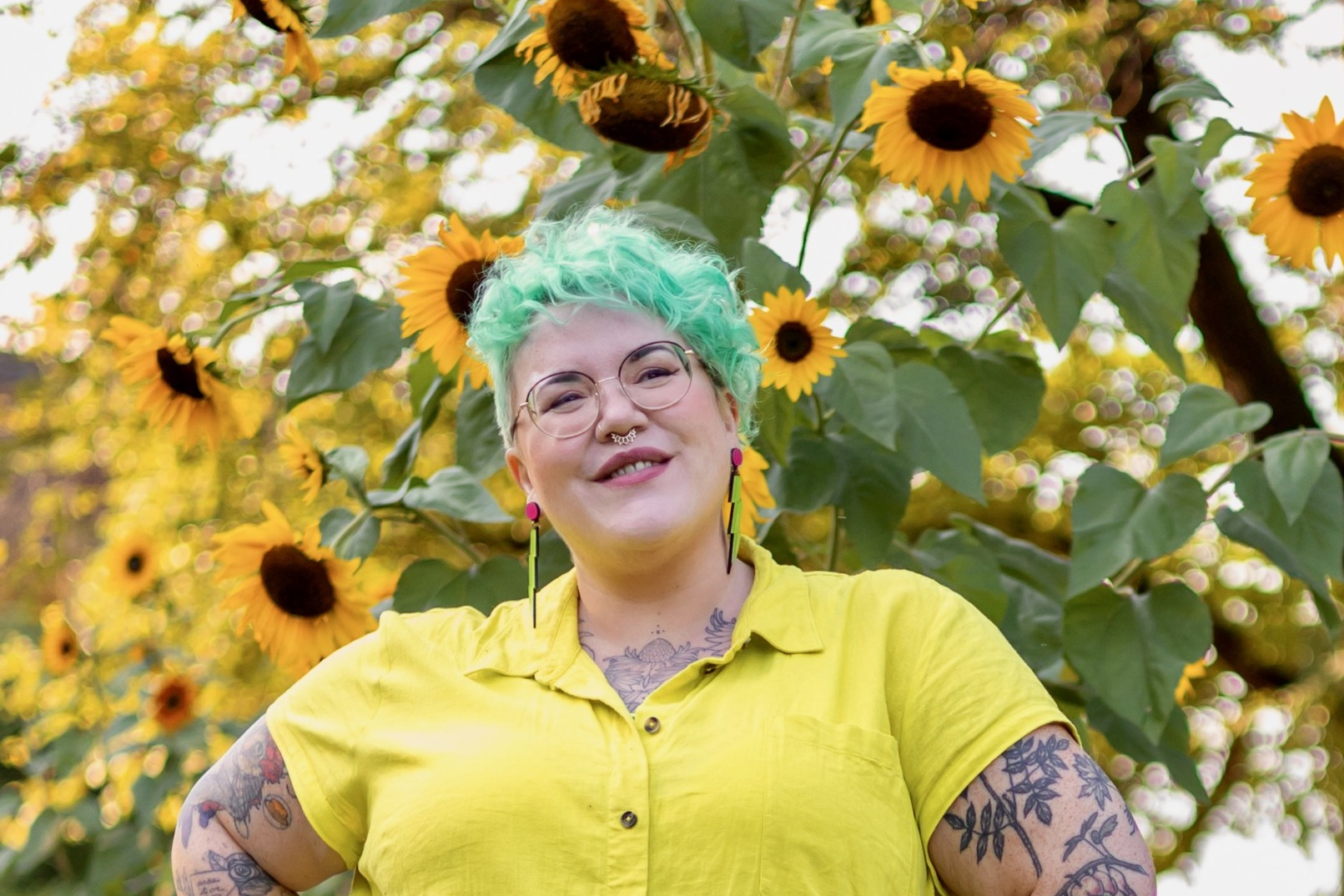
October 25, 2023
After a year long sabbatical, Associate Professor Hannah McGregor returned to SFU Publishing as the new program Director. While Dr. McGregor was away, she published her first book, A Sentimental Education, and continued her role as co-director of the Amplify Podcast Network, an SSHRC-funded network which aims to encourage collaboration and experimentation through the medium of scholarly podcasting. In our most recent conversation, she shared her vision for the publishing program and her hopes for the future.
-
October 18, 2022

October 18, 2022
Juan Pablo Alperin is an Associate Professor in SFU's Publishing Program. He is also the co-scientific director of the Public Knowledge Project, a multi-university research initiative, and the co-director of the Scholarly Communications Lab, an interdisciplinary group of Canadian researchers. We recently asked him to share a few insights with us. Here's our brief conversation including Dr. Alperin's advice for future MPub students:
-
January 12, 2021

January 12, 2021
I’ve worked in publishing for about 15 years, but every year I’m caught off guard by the January phenomenon of aspiring authors who’ve resolved that this is the year they’re publishing a book. Manuscript submissions and calls about the publishing process become more frequent, as do inquiries about how to get into the industry itself. When we field these calls at the Association of Book Publishers of BC, we direct these individuals to various resources and wish them luck, but in 2021, I’d also suggest they pay close attention to the effects of the COVID-19 pandemic when pitching themselves to the industry, whether as an author or a publishing professional.
-
November 11, 2020
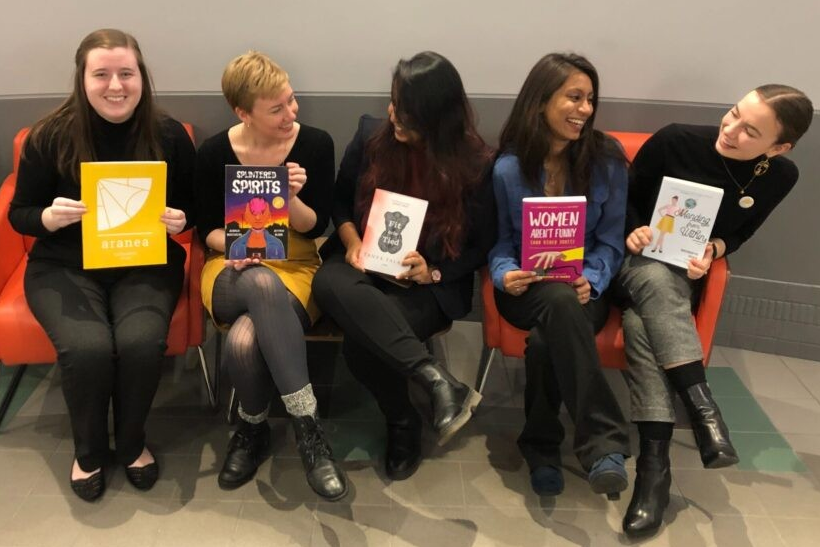
November 11, 2020
When I first started teaching in the Master of Publishing, I was anticipating some culture shock. I have a much more traditional graduate school background -- an MA and PhD in English literature -- and my graduate education consisted largely of traditional seminar courses, deep dives into specific topics culminating in journal-article-length research papers. Trained in close and careful reading, scholarly research skills, and academic writing, I was a little nervous about teaching in a more professionally-oriented program. What I didn’t anticipate was a feeling I slowly developed over the course of my first few years, a feeling of jealousy.
-
August 25, 2020
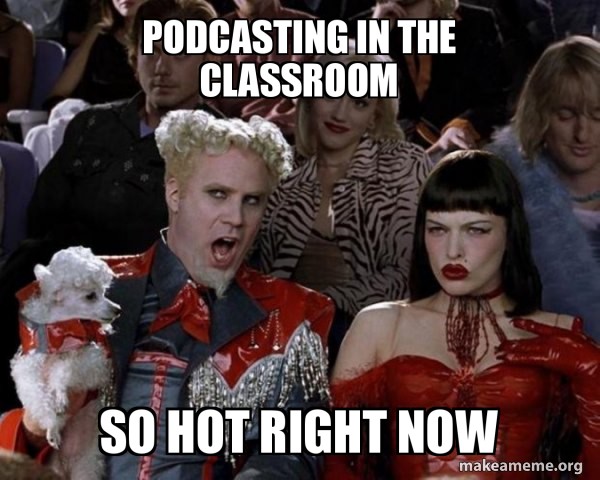
August 25, 2020
Over the past five months, as teachers and instructors have been collectively grappling with the challenge of pivoting to online teaching, a question I’ve heard often is: how will we recreate the intimacy of the classroom online?
-
August 18, 2020

August 18, 2020
I’ve spent much of this pandemic summer preparing to teach PUB 800 for the first time: wading through dense treatises on publishing and working out how to deliver an engaging remote seminar. So you’ll forgive me for devoting my introductory post for SFU Publishing to a delightfully frothy show that I’d like to recommend as a companion to your quarantine reading: Younger.
-
July 26, 2020
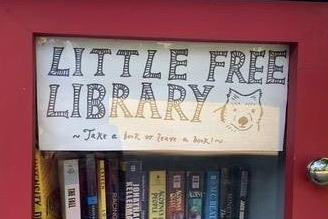
July 26, 2020
When Vancouver’s public libraries abruptly closed their doors as part of March’s Covid lockdown, my book-addicted family was suddenly forced to go cold turkey. Hallelujah for Little Free Libraries, which have sprouted all over town in the last few years.
-
June 25, 2020

June 25, 2020
Student work (left to right, top to bottom): Watercolour with tea by Trisha Ciocan (@juicedpeachie4me); Fruit illustrations by Bella Wang (@bellaxw_design); Ink comics by Jo Jorgenson (@graveyardpicnics); 3D fruits by Zoe Fortune (@mangospeachesandlimes_); Food photography by Nancy Tran (@hi.nhatr); Rebranding by @_studiomel; Lyric posters by @bribridesigns, Album covers by @designedbynewton
-
July 09, 2020

July 09, 2020
In the vast European colonial project, from the 15th century onwards, three institutions – church, school, and book – formed the non-military means by which European empires and cultures established social and economic dominance over practically every continent on earth. Publishing has been central to this; the rise of print culture in Europe coincides neatly with the rise of imperialism and colonialism.
-
June 12, 2020
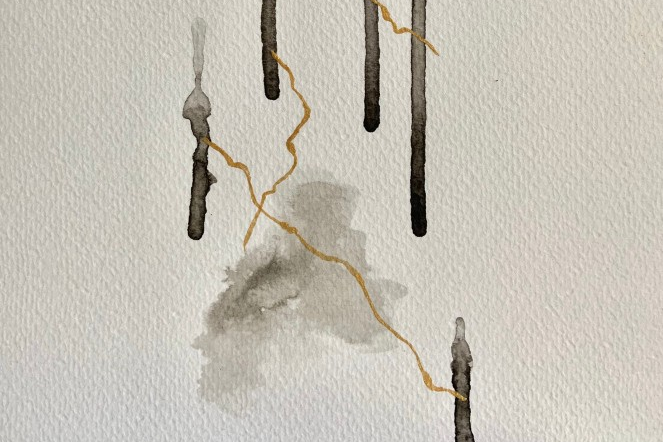
June 12, 2020
There’s an awful lot of talk about care these days. I’m paying attention to it, because I’m a scholar who has worked quite a bit on care as both a feminist ethical framework and, frankly, a problem.
-
June 02, 2020
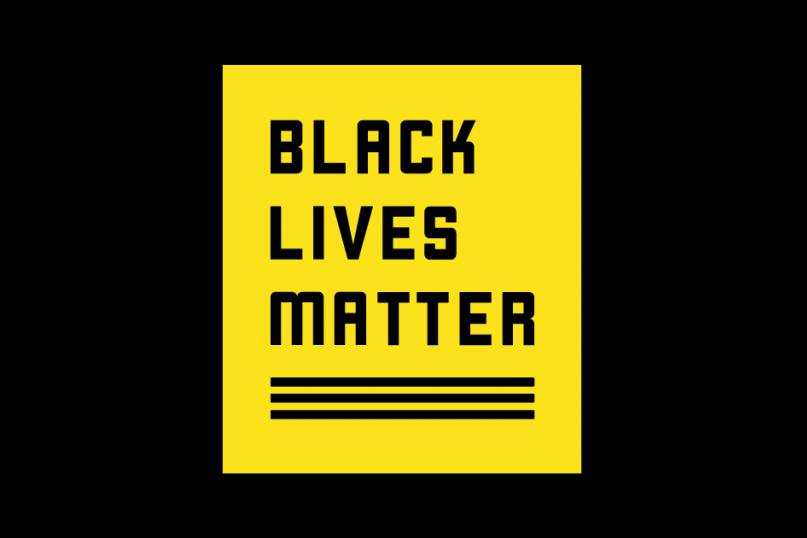
June 02, 2020
We stand in solidarity with protesters who are resisting anti-Black police violence. Black Lives Matter.
-
April 08, 2016
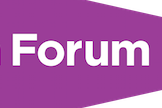
April 08, 2016
3 jam-packed days, 42 incredible speakers, and more nerdy tech puns than I could count—this year’s Tech Forum and Ebook Craft blew me away.
-
December 31, 2015

December 31, 2015
The Coach House is also known – by a much smaller number of people – as a crucible of digital technology innovation in publishing since the early 1970s. This story is a crucial part of Coach House’s history, but it is a story that largely lies outside the standard narratives of computerization – in industry or the arts.
-
January 21, 2015
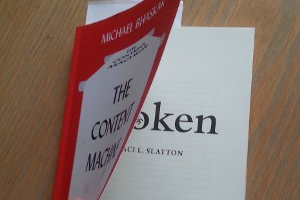
January 21, 2015
I've never 'required' a textbook for my classes; given that I'm usually on about digital media, my classes are usually based on online resources. However, this past year, Michael Bhaskar published an excellent book on his theoretical model for understanding publishing, The Content Machine, and I thought this would make an excellent required reading for our grad students.
-
January 14, 2015
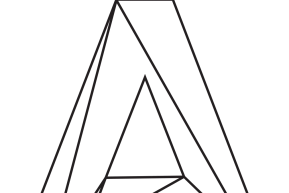
January 14, 2015
Envisioning the Future of Publishing—Ambit Publishing, a student project from Pub401, taught by Juan Pablo Alperin—guest post by Holly Vestad, English major, publishing minor at SFU
-
November 02, 2013
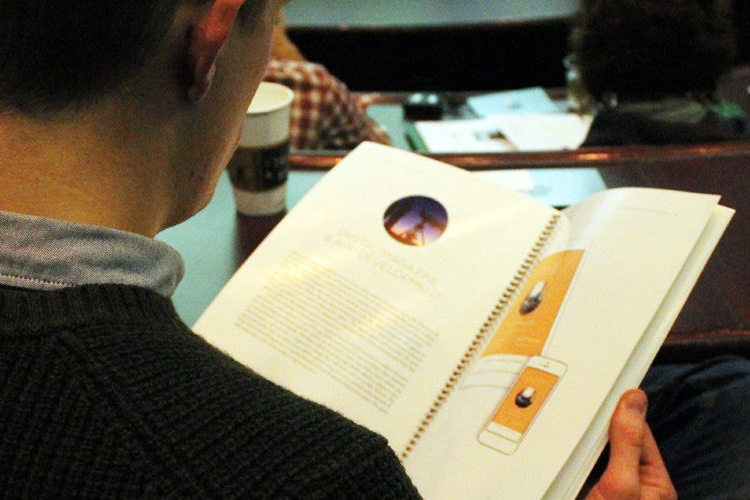
November 02, 2013
At this year’s Books in Browsers ‘opening act’ event, Creating Minds, held at UCBerkeley on Oct 23, we heard a number of speakers talking about the coming of the machine voices into our lives. That day, and at the BiB conference proper that followed, there were numerous references to machine cognition, algorithmic poetry, spambots, twitterbots, and the myriad non-humans that co-habit our social and literary spaces these days.
-
November 01, 2013

November 01, 2013
This fall, I subjected some MPub students to working out a book publishing workflow, using Pandoc, the amazing document processor tool created by Berkeley philosopher John MacFarlane.
-
September 09, 2013

September 09, 2013
I've been working for some time on a research project tracing the technological innovations at Toronto's Coach House Press. The Coach House, a small literary publisher and fine printer, was founded by Stan Bevington in the mid-1960s and specialized in typography and darkroom-driven production. In the early 1970s, the Coach House took a leap into the then-new world of computer-driven phototypesetting. That move, along with a fortuitous connection with the University of Toronto's computer science program, led the Coach House onto a long-term agenda of innovation, invention, and a culture of serious tinkering.
-
May 29, 2013

May 29, 2013
The Library of Congress’ Preservation.exe meeting was last week… two days of fascinating presentations on the challenges of preserving historical software, digital media, and computing environments. I followed the #presoft hashtag (the meeting had no website, so twitter was it), and saw in the whole program not a single mention of Unix.
-
April 23, 2013

April 23, 2013
or, Why the MOOC hype is giving me hives. Please note, the following is not a ‘balanced’ assessment of the MOOC phenomenon; I’ve read several of those (here’s a good one), and to my eye, they always miss some of the most important elements of this new movement. I’ve been paying attention to the rise of the MOOC phenomenon for some time, and I wanted to get at what bothers me so much about it.
-
November 22, 2012

November 22, 2012
Earlier this week I took part in a panel discussion at UBC on “Why Do We Need Academic Publishing in the Digital Age,” organized by the smart folks at UBC Press. The discussion touched on a variety of topics in scholarly communication, peer production, and the role of editorial, and we ran out of time before we really got into the meaty part of this really enormous conversation.
-
November 15, 2012

November 15, 2012
Earlier this month (May 2012), Farhad Manjoo blogged over at Pandodaily that “Nobody Seems to Understand What Jeff Bezos is Doing. Does He?” I think it’s fair to say that Jeff Bezos, along with rest of the decision makers at Amazon, have a very good idea what they’re doing. The fact that it is not clear to many others—particularly in the publishing industry—is also apparent. The amount of ink spilled in recent months about Amazon’s seemingly predatory practices, their disregard for traditional industry practices and values, and even their penchant for “evil,” speaks to an environment where some very divergent things are afoot.
-
November 10, 2012

November 10, 2012
I wanted this post—which is my reconstruction of what I saw and thought while at Books in Browsers last month in San Francisco—to be short and pithy and thematic. But it isn’t… my attempts to get it all down in writing have instead produced this rather long and meandering narrative. For posterity’s sake then, if not literature, here’s my report.
-
March 07, 2016
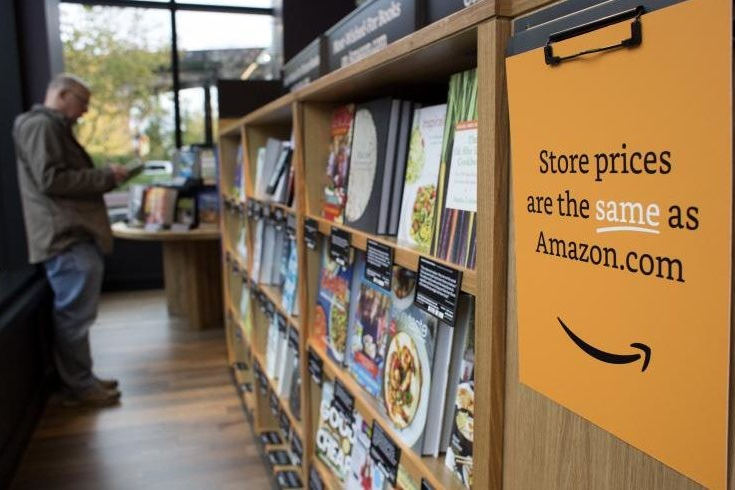
March 07, 2016
Last week while on a day trip to Seattle, I decided to make a stop at Amazon’s first [1] “Brick and Mortar” store, in the University of Washington neighbourhood of University Village. I had two goals in mind. I wanted to see if I could get a personal book recommendation from an employee and I wanted to purchase a book without leaving any data. I am not averse to providing personal information, but I like to have the choice.
-
December 07, 2019
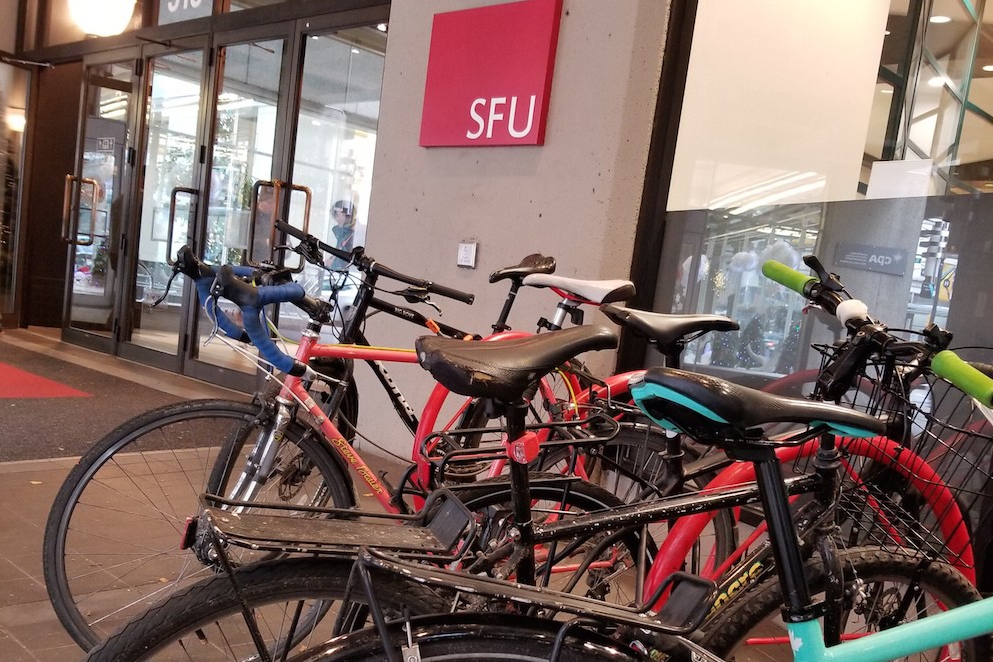
December 07, 2019
There are a lot of good reasons to cycle: it’s good for the planet, it’s good for cities and their congestion problems, and it’s good for you. We thought to take a look at cycling in the MPub program: why we do it and how we do it, and maybe we’ll encourage you to do it too! Half the Publishing faculty are regular cycle commuters, and a good (though variable) number of students are too. Those of us who do ride know that it’s the best way to get around, for a number of reasons.

